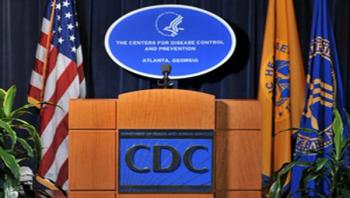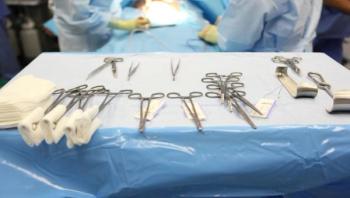
News

















In the battle between a cell and a virus, either side may resort to subterfuge. Molecular messages, which control the cellular machinery both sides need, are vulnerable to interception or forgery. New research at Rockefeller University has revealed the unique twist on just such a strategy deployed by the liver-infecting hepatitis C virus – one that may help explain the progression of liver disease and that the researchers suspect may be found more widely in the world of disease-causing viruses.










An American healthcare worker who tested positive for Ebola virus while volunteering services in an Ebola treatment unit in Sierra Leone has arrived at the NIH Clinical Center for care and treatment. The individual was transferred from Sierra Leone via private charter medevac in isolation and admitted to the NIH Clinical Center at 4:44 a.m. ET. The patient’s condition is still being evaluated. No additional details about the patient are being shared at this time.

